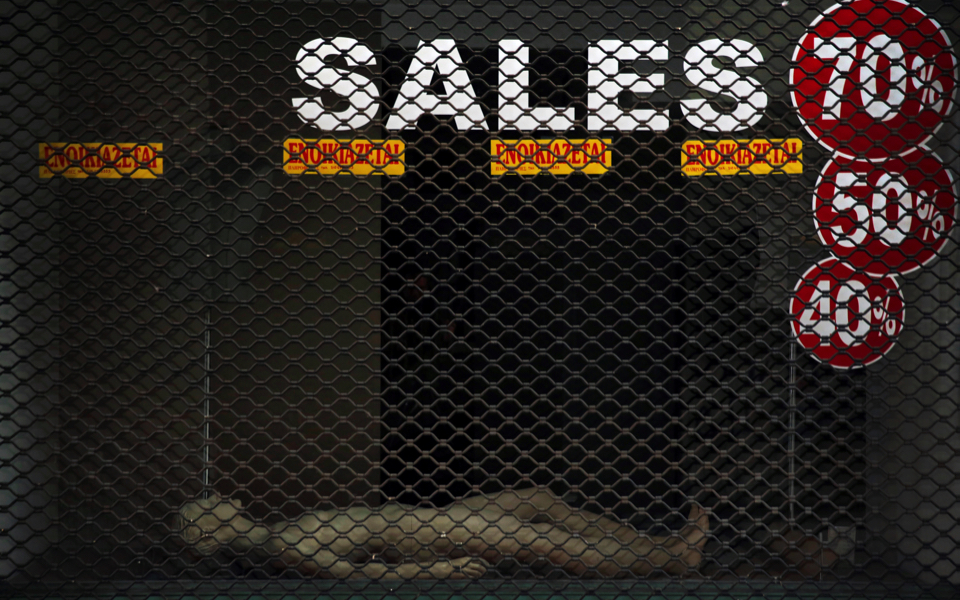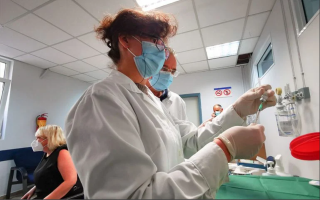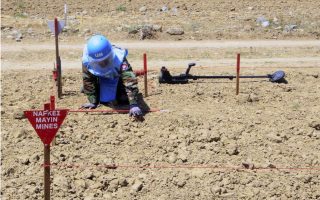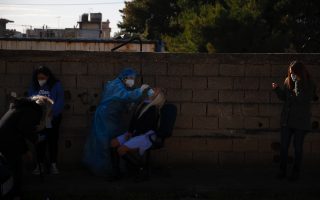Next two months critical to save the year

Fearing a fierce, long-lasting new wave of the coronavirus pandemic, health experts say the next two months will be critical in the effort to save the year, given that even the most well-organized health systems of many countries are already buckling under pressure.
Suggestions that a mutated, more contagious strain of the virus could establish a foothold in Europe do not allow for complacency, especially when the vaccination program is still in its infancy.
In Greece, which until now had mild temperatures as an ally, the National Health System (ESY) is overworked and remains under pressure after two months of lockdown, while the effects of the relaxation of measures during the holidays have yet to register.
Although the number of cases has dropped to the levels they were on October 20, the daily number of deaths and intubated patients with Covid-19 remains more than double that of the day the lockdown was decided (179 intubated patients and 18 deaths were recorded on November 4, versus 386 and 49 on Friday, January 8).
Health authorities are especially concerned about the course of the pandemic in densely populated Attica, where in some areas, including downtown Athens, there has been a spike in cases.
In this context, experts say restrictions will continue over the winter, as the recent extension of the lockdown has indicated, while reiterating their strong recommendations to the public to observe safety protocols.
Dimitris Paraskevis, an associate professor of epidemiology and preventive medicine at Athens University and a member of the government’s expert committee, said a difficult-to-manage scenario is taking shape.
“Due to the climatic conditions, we congregate indoors. In addition, a period has begun in which other respiratory infections, such as the flu, are on the rise,” he told Kathimerini.
“Although this year it is expected that the number of influenza virus infections will be significantly lower due to the protection measures against the coronavirus, the health system [is still treating a significant number of patients infected during] the previous wave,” he noted, adding that “we are still at the beginning of the vaccination program and it is not expected that a sufficient percentage of vulnerable populations will be immediately protected by the vaccine.”
He also noted societal “fatigue” after a two-month lockdown.





